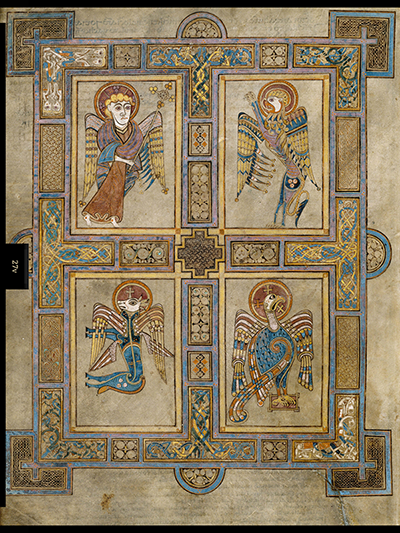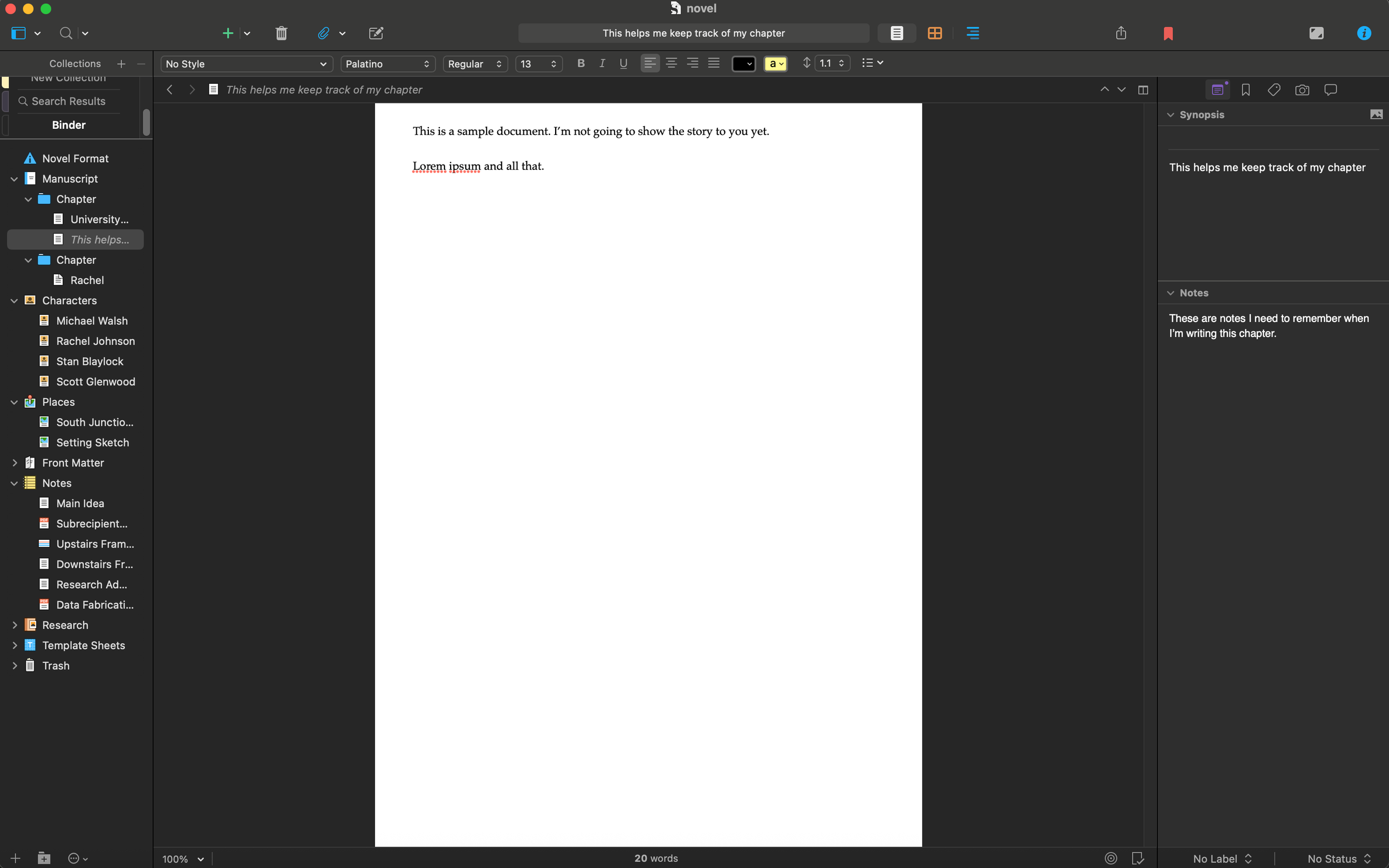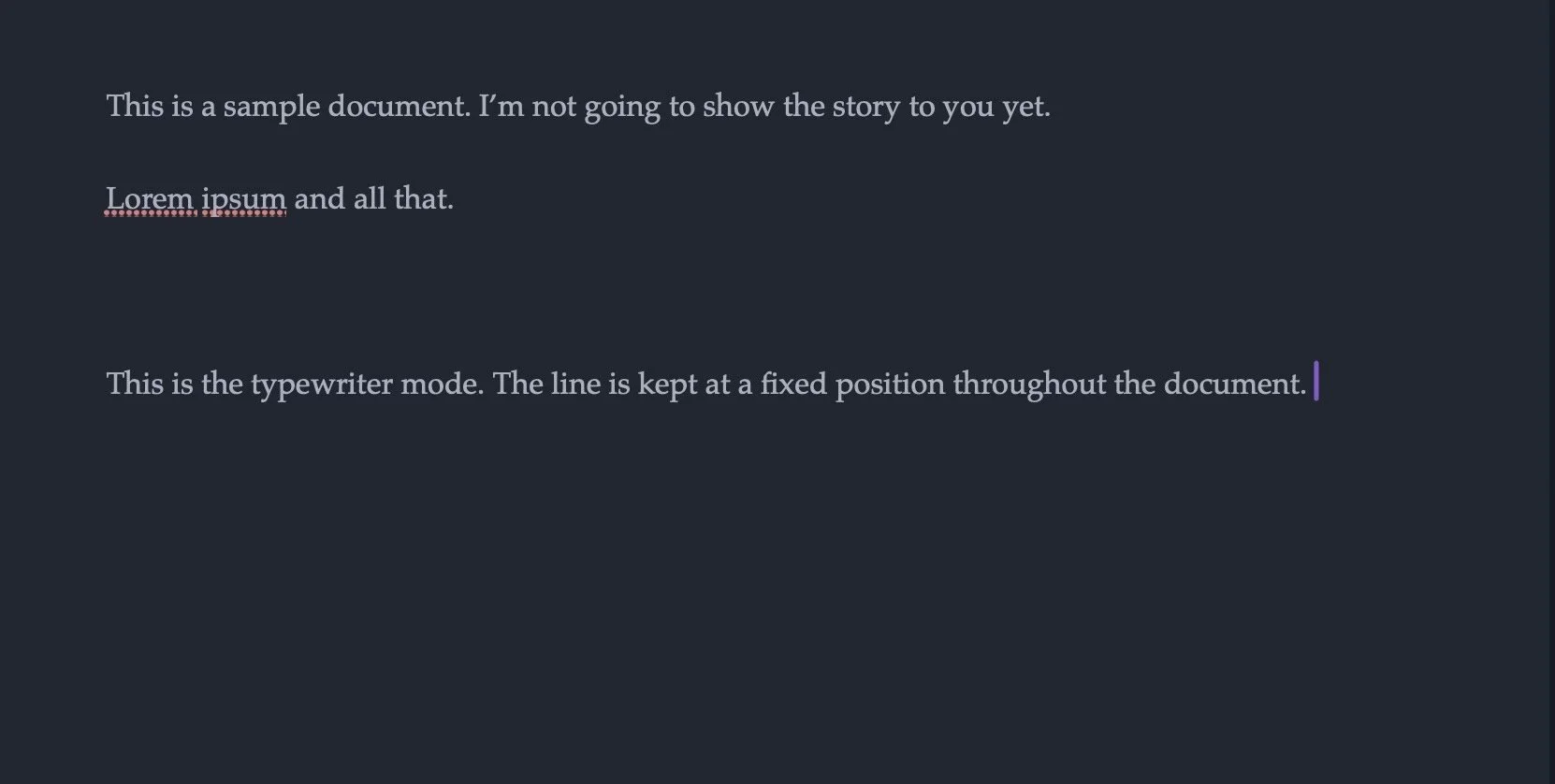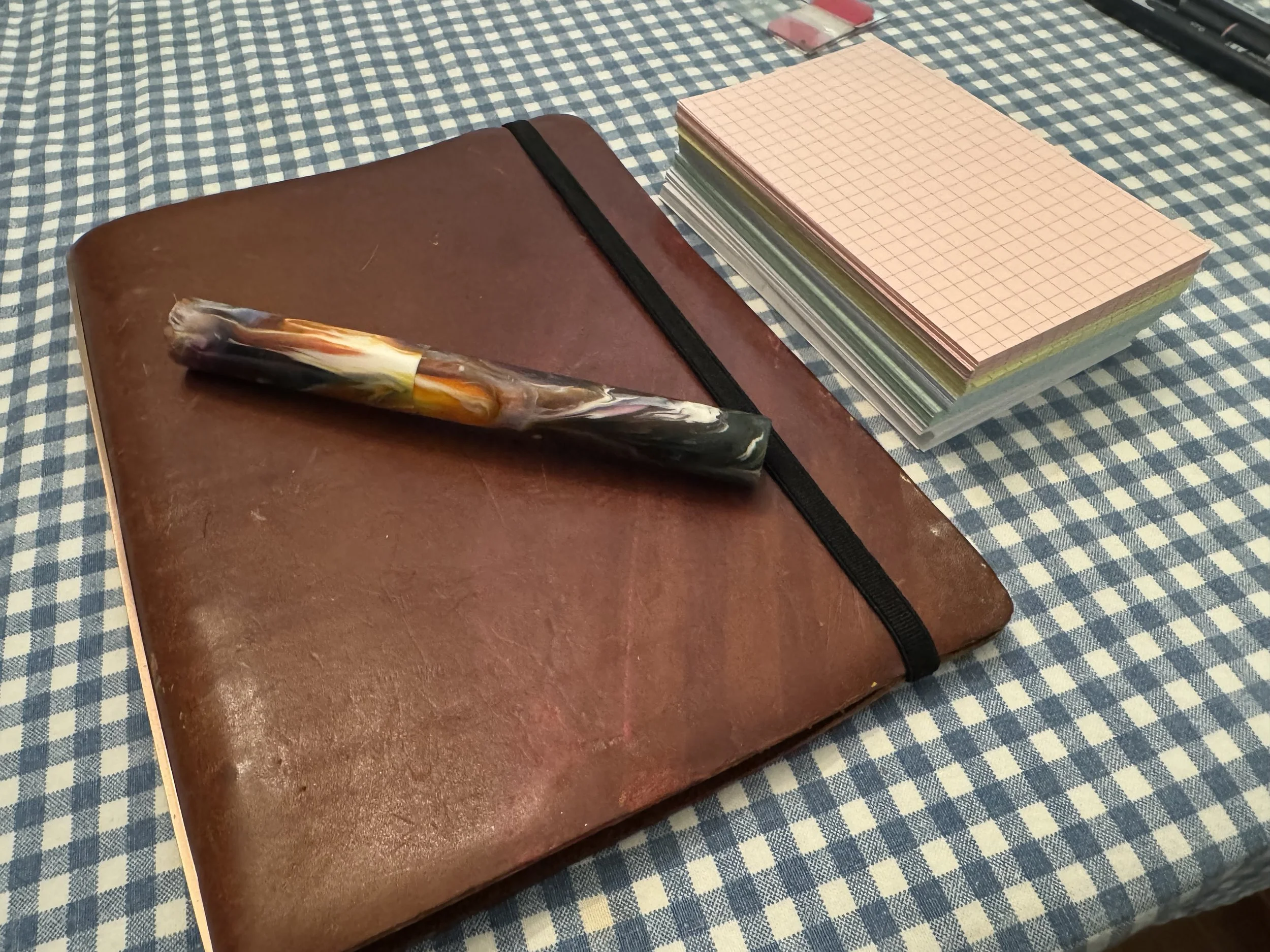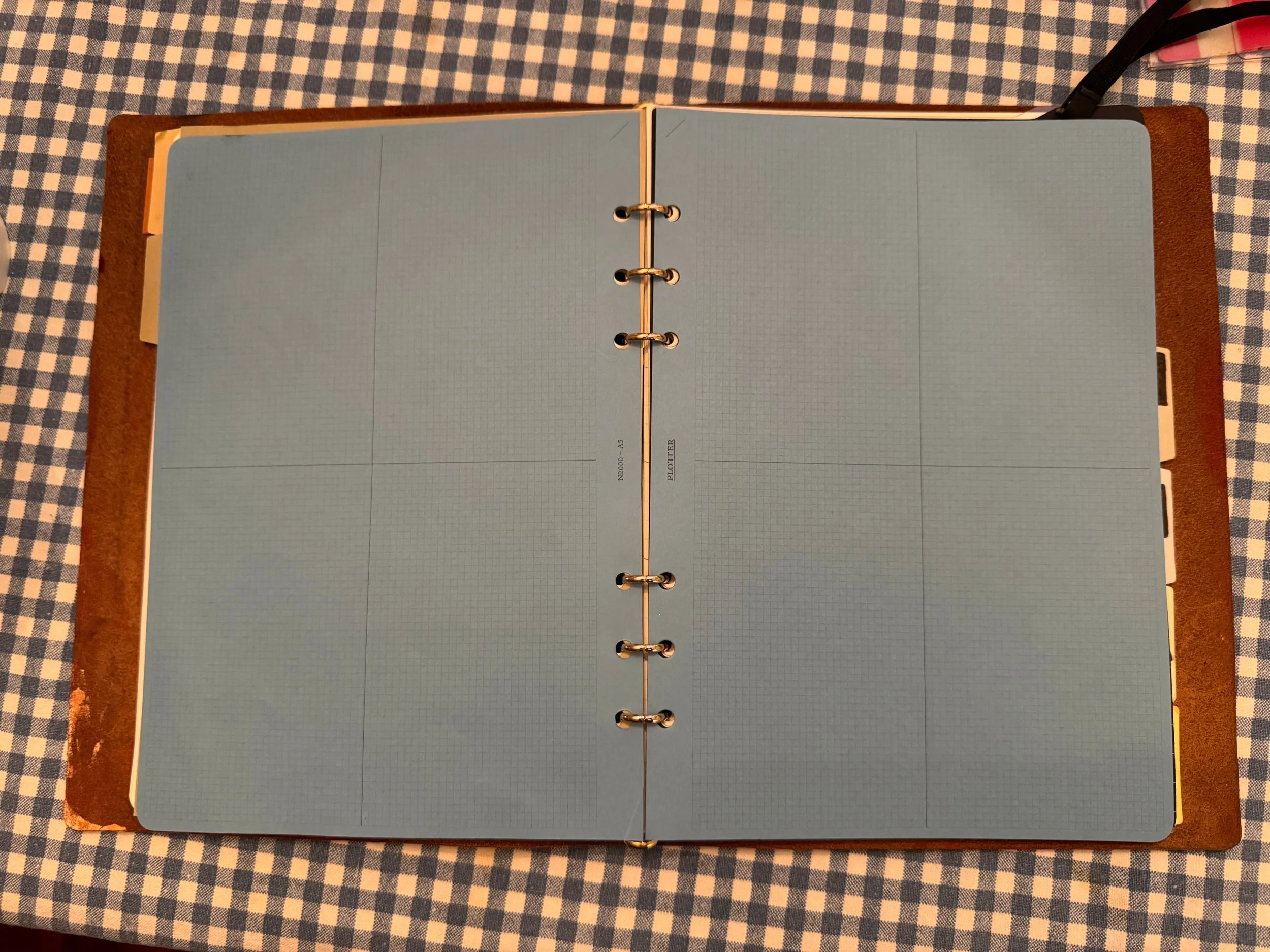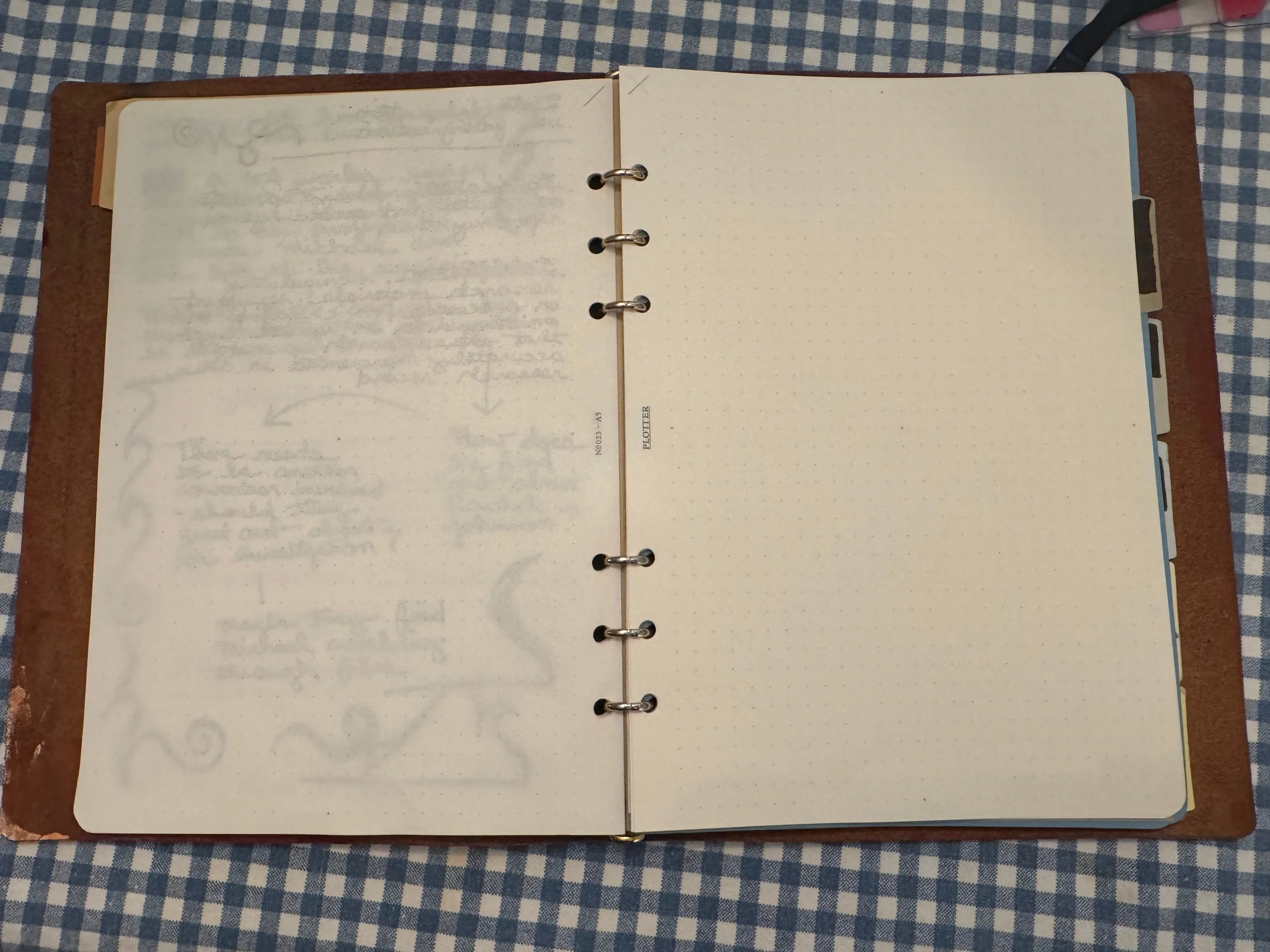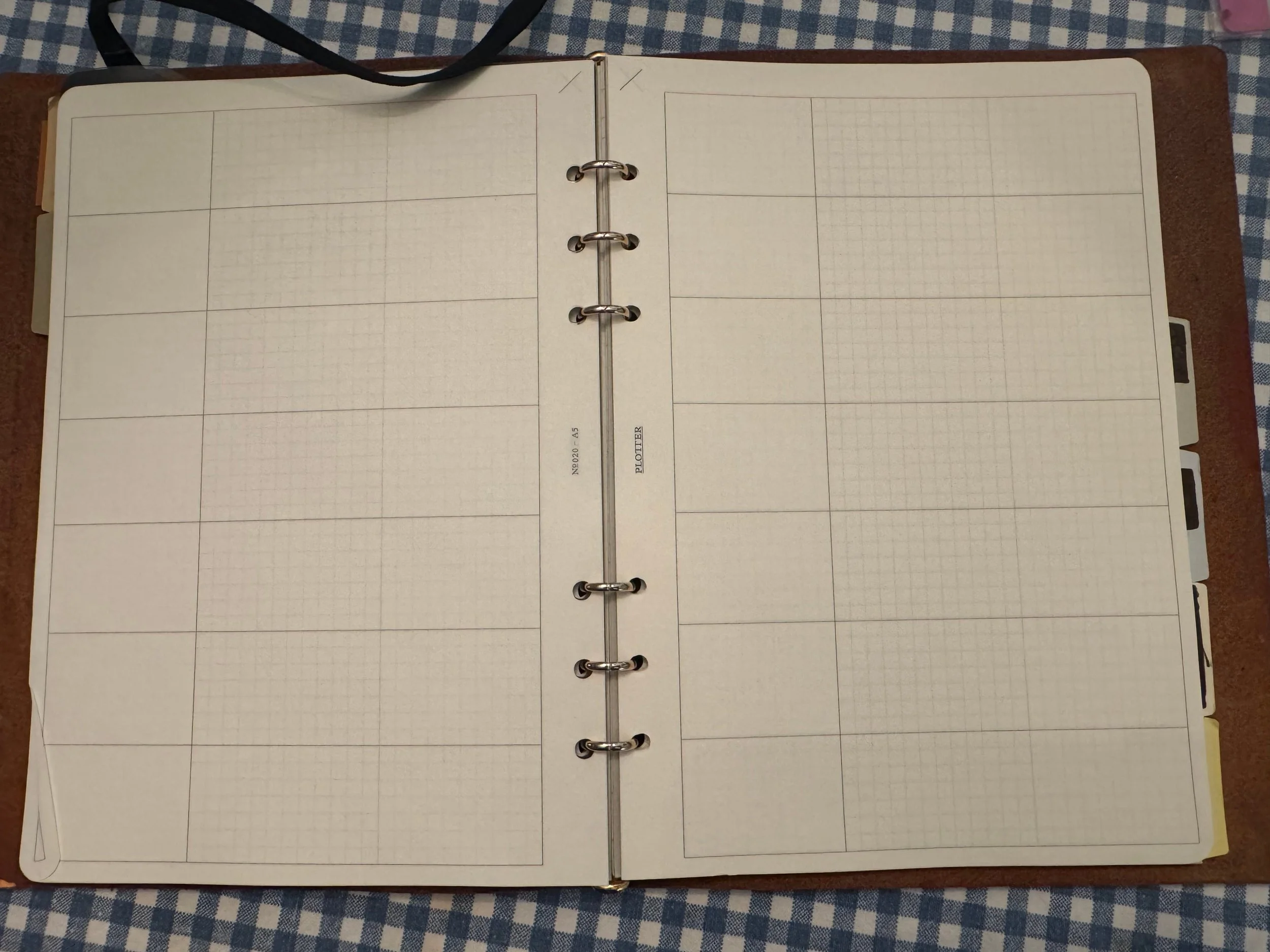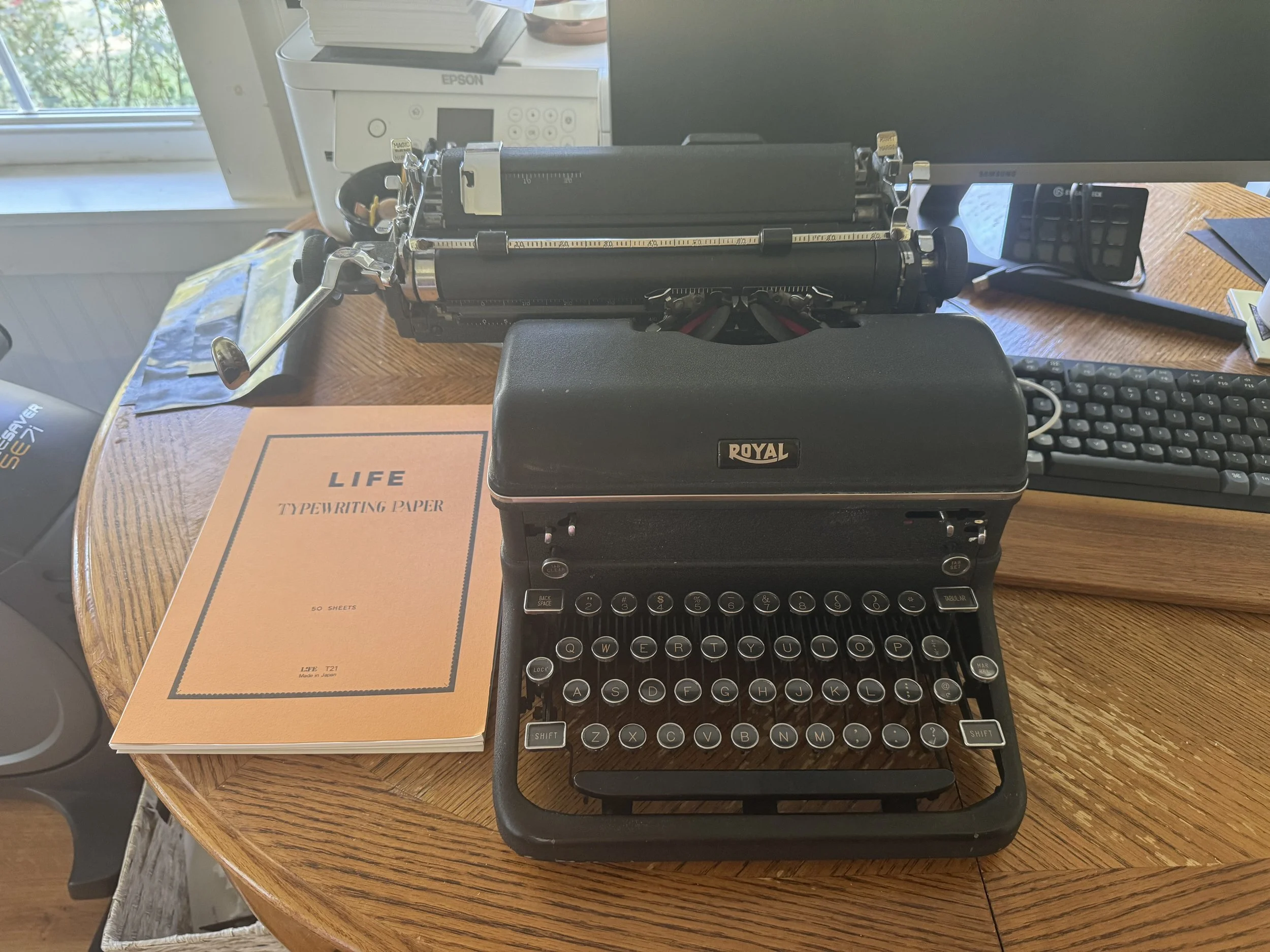My spiritual director has been hounding me for years to dedicate more time to writing and take it seriously. Like all writers, I knew that was necessary, but found reasons to distract myself from that reality because writing is hard, even when you’re somewhat good at it. She reminded me that at the end, God will ask how we used the gifts he’s given us. Ouch. I’ve met with her for almost 10 years, so she knows me pretty well. She helped me discern that writing is more than just a hobby. I need to treat it as a vocation. And I need to step out of my comfort zone and focus on something that’s been gnawing at me for years.
Nonfiction is my comfort zone, despite the stories that have flooded my head for years. I relate deeply to von Balthasar’s concept of treating your life as a Theodrama, because in the end, we are all somewhat actors in a play with an unmoved mover who spoke the universe into existence. And novels are a reflection of real events. So what’s my excuse now? Well, my own perfectionism, I guess. That’s an easy trick for the enemy (which is a mishmash of my own natural inclinations, the fallen world, and spiritual forces) to hit me with. So I’m going to disregard that and keep going. Also, writing a fictional story with an engrossing plot line and story arc has felt daunting to me. But now that I’m starting the process, it’s flowing quite naturally. I’m sure I’ll hit some snags and dry spells, but for now I’ll keep writing.
Pantsing and Plotting
I learned two types of novel writers: pantsers and plotters. Pantsers write by the seat of their pants without knowing where the story is going. Plotters plot out every detail before writing. I’ve always been more of a pantser (my thesis chair tried to get me to write out an outline of my thesis because it went all over the place). But this time I’m incorporating more a balanced approach. I’m letting the writing guide the story as I write it, while also taking time to plotting out the structure as the story matures and moves. The story arc has changed and morphed from its original beginning in my head, but as it changes I make notes of areas I need to expand on, characters I need to introduce, and plot lines that need to be introduced. With this workflow in mind, I thought I would share some of the tools I use to accomplish this. I’m only about 3,000 words in, but this experimentation stage has allowed me to see what foundational elements work for me.
Digital Process: Scrivener
Thankfully we live in the golden age of writing programs that allow us to avoid Microsoft Word and other traditional word processors. These programs value simplicity and writer-focused needs over a traditional word processing structure that values an all-or-nothing approach that makes you fit into their specific rules. I don’t have to expound on Word too much, because we all know (or at least those born before 1995) the struggle of using it.
For the actual writing part, I’m using Scrivener. I had a copy of this program years ago and tried to use it for my thesis, but it didn’t click with my particular situation for heavy essay format heavily influenced by technical writing. I instead needed a program that incorporated structured documentation. Scrivener felt too unstructured and unorganized for my use case. But for writing a novel? Fantastic. It allows me to have specific sections for character layouts, chapters, scenes, notes, research, and other areas that allow me to plot out and write my story.
It combines plotting and writing into one seamless system, with enough wiggle room for organized chaos. Scrivener is a digital version of a desk setup: you have your notecards on one side, your notes on the other side, and other pertinent information on another side. Then in the middle of your desk is the actual book itself. Putting chapter sections into individual folders is also a killer feature that makes it worth it over Microsoft Word. Have you ever tried to create a new section in a Word document? Even after years of advanced Word use, it still takes too long to organize sections and pages. Good luck moving sections into new chapters.
Scrivener also has a typewriter feature for focused writing. This has been useful for me when I don’t want to see all my options and notes available.
Once you’ve finished your draft, or if you want to export specific sections, you can compile your novel together in a manuscript format. We’ll see how that goes when I eventually get there. Who knows how long that will take…
Analog Process: A5 Three-Ring Binder and Notecards
Of course I can’t have a fully digital process. As I’ve harped on multiple times on this Substack, I have to balance my digital tools with analog tools. But I don’t want my analog tools to distract me from the actual writing part of the process, because it’s easy to use my tools as distraction.
My analog structure almost mirrors the digital structure in Scrivener, but I use analog tools for plotting and planning the story arc and characters. This structure has allowed me to switch contexts between plotting and writing. When I need to turn away from writing, I turn to my notebook and notecards.
I am using an A5 three-ring binder (ironically called a Plotter) for notes, character descriptions, and setting descriptions. I started out using note cards, and may go back to using those as I come up with more ideas, but for now A5 paper has been a good size for me. A binder system works well for easily moving sections and ideas back and forth more so than a traditional fixed notebook.
Once I have my ideas and notes written down on paper, I convert them into their respective folders in Scrivener. I then have everything I need contained as I write my story.
Overall I’m happy with this setup and plan to use it as I move through this process. I’m sure it will change. But I’m hoping it will keep me motivated to keep placing words onto paper. Stay tuned!
